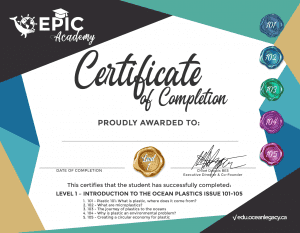All Lessons
A list of our current educational offerings
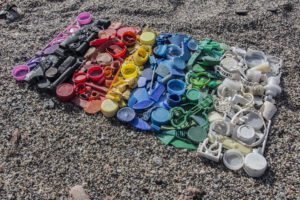
101 – LESSON 1: Introduction to Ocean Plastics
Lesson 1 provides an overview of plastic, explains plastic Resin Identification Codes, and explains how to sort and recycle plastic correctly.
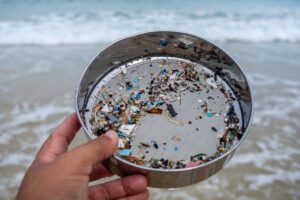
102 – LESSON 2: Microplastics
What are Microplastics: An introduction to microplastics including sources of microplastics and why microplastics are an issue.
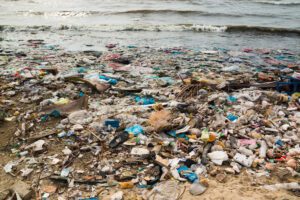
103 – LESSON 3: Journey of Plastic to the Ocean
The Journey of Plastics to the Ocean: An introduction to how plastics become ocean plastics including the common pathways for plastics to reach the ocean.
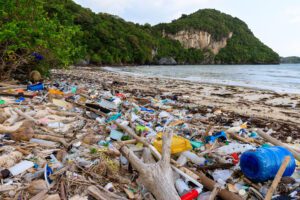
104 – LESSON 4: Why is there so much plastic?
In this lesson, we will take a closer look at why there is so much plastic available to become plastic pollution.
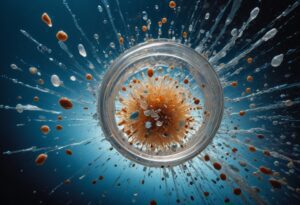
105 – LESSON 5: Impacts of Ocean Plastic Pollution
Plastic is ubiquitous and interacts with all aspects of the biosphere. There is no other single anthropogenic (human-made) contaminant that has had such a wide spectrum of direct exposure across all levels of biology.
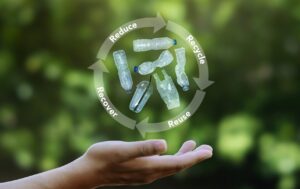
206 – LESSON 6: Ocean Plastics 201
Ocean Plastics 201: An introduction to ocean plastics and what makes them different than plastics collected through source separated land-based programs. This includes sources of the plastics, contamination, sorting, management, and processing.
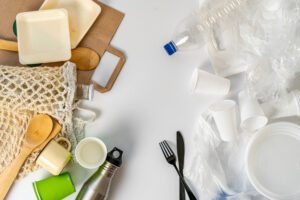
207 – LESSON 7: Moving to Action – Encouraging Behaviour Change
Encouraging Behavioural Changes: An overview of how to encourage and enable behavioural changes that would work towards preventing and collecting ocean plastics, and encourage people to ‘join the ocean plastics cause’.
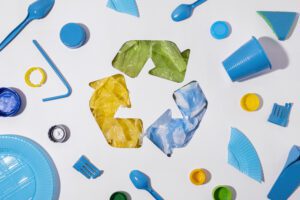
208 – LESSON 8: Taking Action, Creating A Plastics Recycling System
Recycling System Planning: An overview of how to set up a recycling system for ocean plastics prevention and management: essentially a “Master Recycler’ course aimed at anyone who seeks to collect or process plastics or ocean plastics.
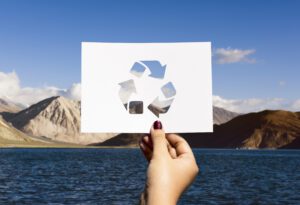
209 – LESSON 9: Using Policy to Make a Difference
How to Use Policies to Affect Change: An overview of the kinds of policies that exist that could stem the flow of ocean plastics into the environment (e.g., extended producer responsibility, deposit return systems, green procurement, funding tools).


